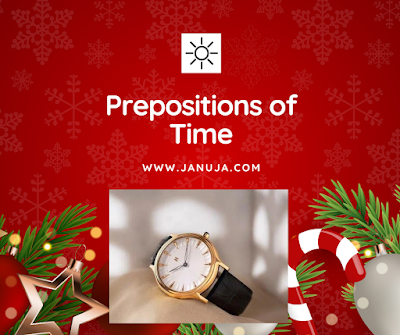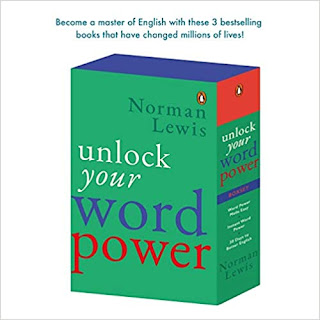Let’s learn Prepositions of Time now.
# ‘in’ : We use ‘in’ for months, seasons, years, centuries, times of day, longer periods of time
Examples:
Kavita visited her grandparents in March.
The government will pass the bill in winter.
Krithi was born in 2003.
The World changed drastically in the 20th Century.
Janilia doesn’t cook food in the morning.
The Internet started in the 1980s.
# ‘on’ : It is used for days of the week, parts of the days, dates, and special days.
Examples:
Sri will go there on Tuesday.
I met Bhagat on Wednesday evening.
Stephen Hawking died on 14 March 2018.
Isha got many wishes on her birthday.
# ‘at’ : This is used for clock times, festivals etc.
Examples:
Fareed will meet him at 7:30 pm today.
I am going to meet my every Christian friend at Christmas. ( holiday period )
It is not safe to travel at night.
# ‘Ago’ : It refers to the period of time that is complete
Examples:
Usha arrived here three months ago.
That book was written a long time ago.
# ‘during’ : It is used before the nouns when something happens over a period of time.
Examples:
We visited our relatives during summer.
Muslims fast during Ramadan.
Practice
Use appropriate prepositions in the following blanks.
1. Kavita was born ______ 12 November 2000.
2. We are going to our grandparents' ________ Pongal holidays.
3. Many important changes happened _______ that company.
4. Januja visited the Northern India six months _______.
5. The Headmaster congratulated them ______their success in the Quiz programme.


